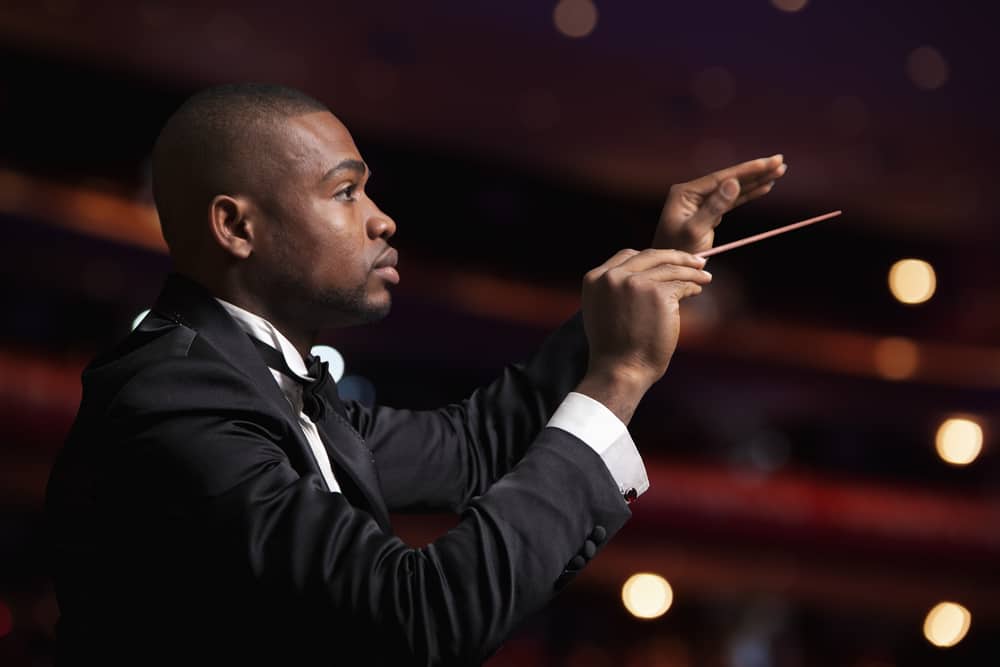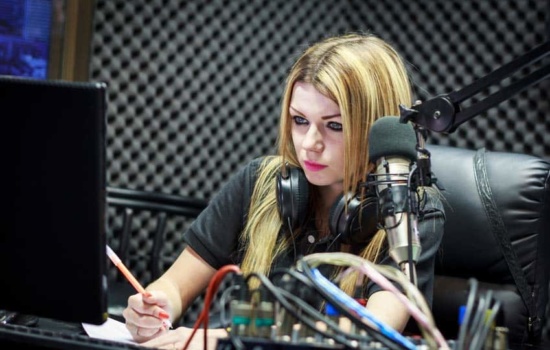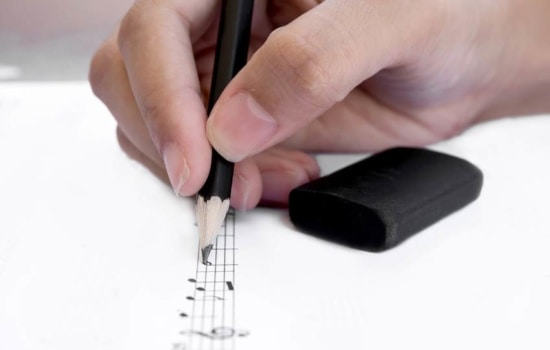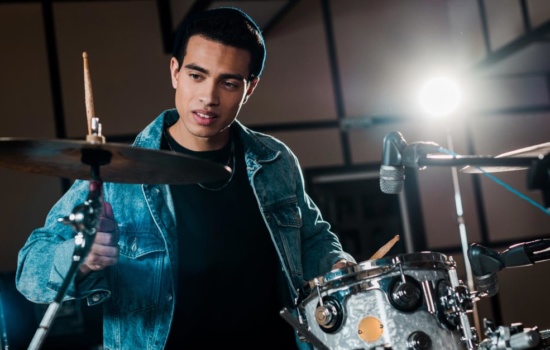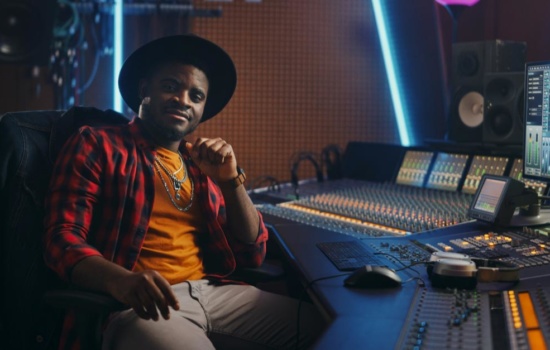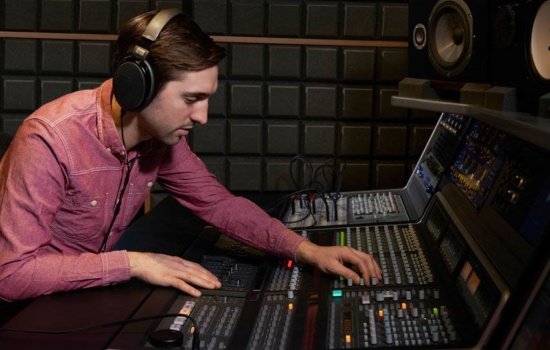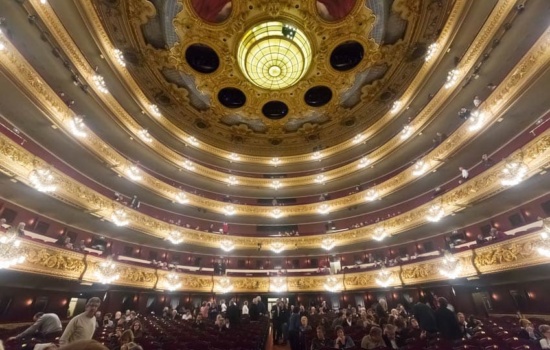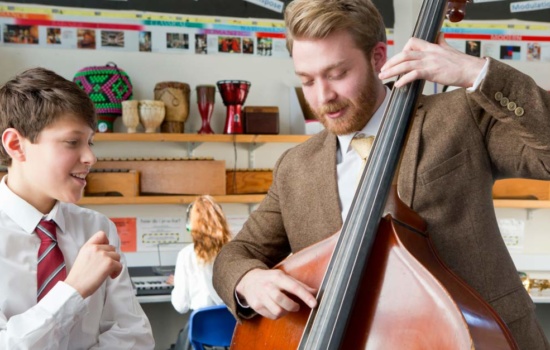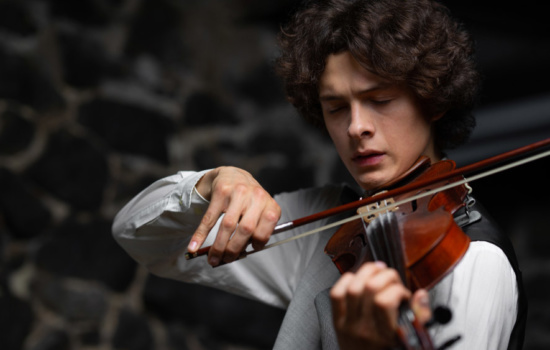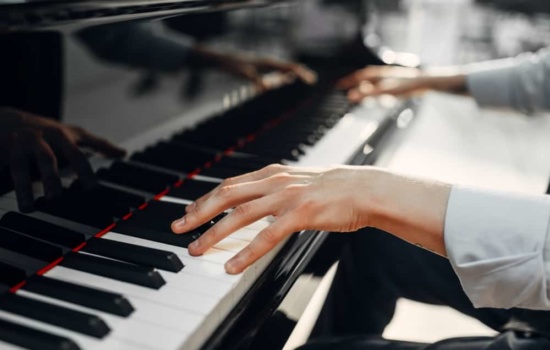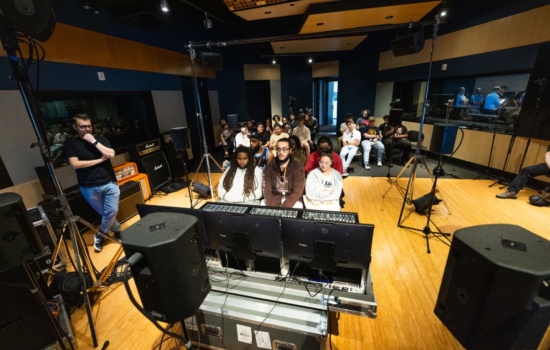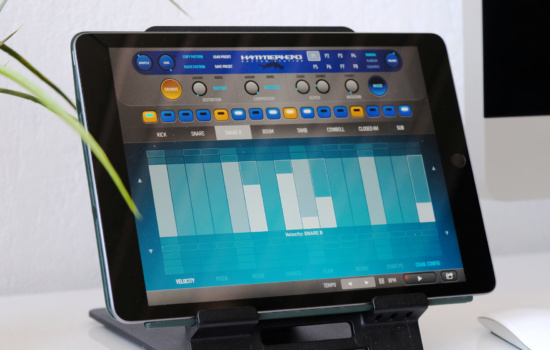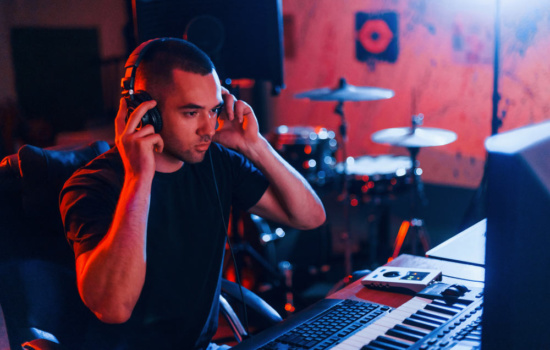How did you become a Conductor?
Julius: In high school, I played piano and sang in chorus and in the orchestra. I noticed that the Music Directors were powerful people who always seemed to be in control of everything.
Some of my mentors were Coleridge-Taylor Perkinson, an African American Composer and Director who wrote for many TV shows and for orchestras in Europe, and also his Teacher Dean Dixon.
They and others observed me at the piano and noticed my skill and my musical abilities. At the age of 14 or 15, I was invited to observe Mr. Dickson conducting a Symphony of a New World at Lincoln Center. Sitting in the audience, I saw him up there in leather pants, swaying and moving as he controlled the orchestra. I knew at that moment I would devote my life to conducting orchestras.
Later, our all-city high school group performed around New York City at high profile events for many dignitaries, heads of state, and celebrities. I met people like Leonard Bernstein and other well-known Soloists and Directors. My life was consumed by music in this incredible musical atmosphere and living that musical life was really exciting.
Later, I took over the music for a very famous church in New York, the Abyssinian Baptist Church, which raised my profile further. From there I went to the Aspen Music Festival in Colorado, where I was a Conductor Fellow for four years and wrote an opera for the festival. At Aspen, I got to meet all the major Conductors and Soloists from major symphonies around the world.
I became the Assistant Conductor for the Brooklyn Philharmonic, Detroit Symphony, and the Dallas Symphony in Texas. I had a major breakthrough when I was featured on CBS Sunday Morning in 1988, and people all over America came to know me as the first African-American Conductor to direct major orchestras.
Meanwhile, I managed to earn a Bachelor of Music from the Lehman School at the City University of New York, and a Masters and D.M.A. (Doctor of Musical Arts) from the Hartt Conservatory in Connecticut. Since I was a Composer, too, this led to me receiving commissions to write pieces to premiere for major symphonies all over.
What does a Conductor do?
Julius: Let me say, first of all, that composing and conducting are two very different things, and there are very few people like myself who do both. Every Composer needs to conduct, but that doesn’t make them a Conductor.
Because I’ve studied both conducting and composition, I can compartmentalize the two, and they are two completely different things.
I try not to conduct my own music. I wrote it and I know what it should sound like, but I prefer to have someone else conduct it before I do. Only after I’ve heard a number of different Conductors run my piece will I feel like I want to conduct it myself.
A good Conductor needs to figure out how to interpret the score. They also need to understand the ensemble. Every ensemble has weaknesses and strengths and the Conductor must figure out how to make the music sound good. The Conductor is playing the music using the orchestra as his instrument; he plays the music without making a sound.
A Conductor must keep the tempo, but can also change the tempo; he can speed it up or slow it down in sections, using body movements. The Conductor conveys all this music to the orchestra with just these body movements. Besides tempo and groove (or feel) of the music, the Conductor must also convey the dynamics and articulations to the musicians.
It’s important for a Conductor to know history. For example, Beethoven’s concertos in A were originally performed in G sharp, because the instruments were tempered differently from today’s. There are many details to know about a period of music or a Composer besides just the notes in the score, and these details have bearing on how a piece should be conducted.
Also, a Conductor should be a Psychologist and be able to manage conflict. When you have 100 people on a stage and they all think they are stars, there can be some big egos to deal with. Different kinds of orchestras have different standards and will not react the same way to a Conductor’s methods.
For example, I can’t approach a community orchestra the same way I can approach a professional ensemble like the Boston Orchestra; it just wouldn’t work. So a Conductor needs to be good at sizing up the ensemble quickly because most ensembles only give you 7-8 minutes before they make up their minds whether they will give you their best or not.
You have only 7-8 minutes to impress them. Some players will test you to see if you know the music really well. If they sense any weakness they will take over the music and stop responding to you. They might even change the parts just to see if they can get it past you.
It also makes a difference if it’s an opening night or a matinee, so as Conductor you have to take a lot of things into consideration as you figure out how to make the group sound good.
Here’s a quick lesson on Conducting and learning to be a Conductor from New York City conductor Kent Tritle with WIRED Mastermind Series.
